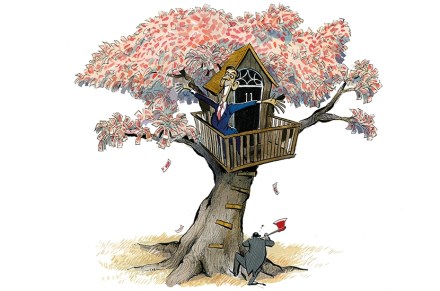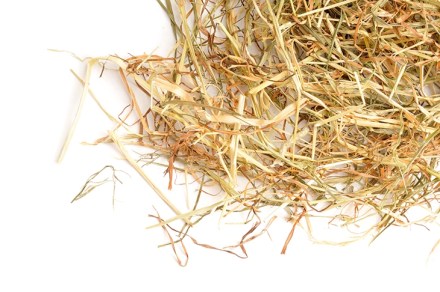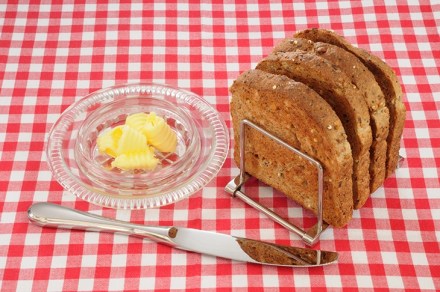The Chancellor’s strange connection to cancel culture
The cancel culture wants to obliterate people who do, or more often say, the wrong thing (for example, that there are such things as women) or even pronounce a taboo word. Taboo words have long been with us. The taboo word fuck was not even included in the first edition of the Oxford English Dictionary. Yet today the dictionary prints far worse words. Anyway, there is a curious connection between cancel culture and Rishi Sunak. In the 19th century, railway tickets were cancelled by clipping; indeed a scissor-like punch was known as a pair of ticket cancels. Postage stamps, the other glories of the Victorian era, were cancelled, often with


















